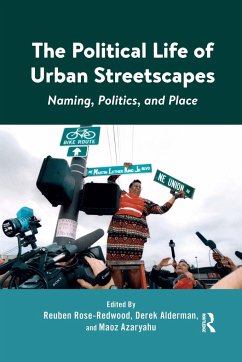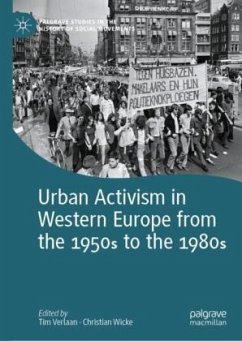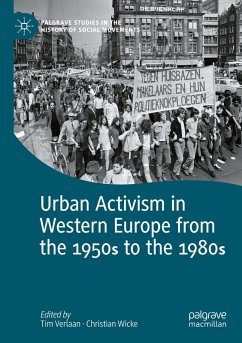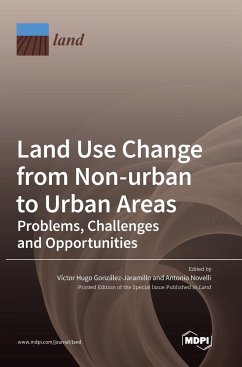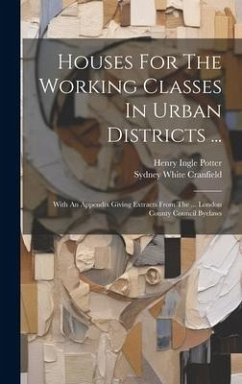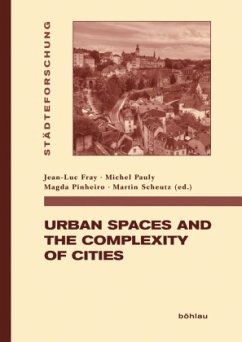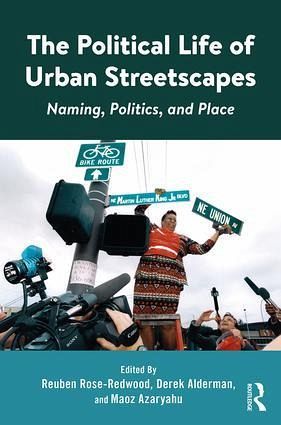
The Political Life of Urban Streetscapes
Naming, Politics, and Place
Herausgeber: Rose-Redwood, Reuben; Azaryahu, Maoz; Alderman, Derek
Versandkostenfrei!
Versandfertig in 1-2 Wochen
168,99 €
inkl. MwSt.

PAYBACK Punkte
84 °P sammeln!
Streetscapes are part of the taken-for-granted spaces of everyday urban life, yet they are also contested arenas in which struggles over identity, memory, and place shape the social production of urban space. This book examines the role that street naming has played in the political life of urban streetscapes in both historical and contemporary cities. Covering a wide range of case studies from cities in Europe, North America, Sub-Saharan Africa, and Asia, the contributions to this volume illustrate how the naming of streets has been instrumental to the reshaping of urban spatial imaginaries a...
Streetscapes are part of the taken-for-granted spaces of everyday urban life, yet they are also contested arenas in which struggles over identity, memory, and place shape the social production of urban space. This book examines the role that street naming has played in the political life of urban streetscapes in both historical and contemporary cities. Covering a wide range of case studies from cities in Europe, North America, Sub-Saharan Africa, and Asia, the contributions to this volume illustrate how the naming of streets has been instrumental to the reshaping of urban spatial imaginaries and the cultural politics of place.



